Memories of the war Ayub Khan launched … and lost
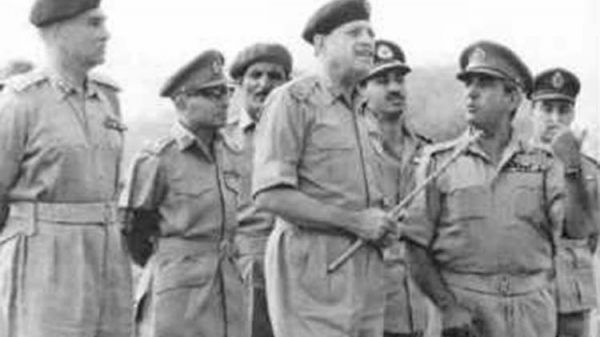
In early September 1965, within a day of the outbreak of war between India and Pakistan, we learnt of the death of Major Aziz Bhatti in the defence of Lahore. We were Pakistanis at the time and in school. Bhatti’s son, senior to us and in the same school, St. Francis’ Grammar School, Quetta, naturally became the recipient of everyone’s sympathy. His father was a hero and our teachers gave us details of the bravery Major Bhatti had demonstrated on the battlefield trying to prevent the Indian army from entering the historic city of Lahore, at that time the capital of West Pakistan.
The school authorities opened a defence fund to which every student made contributions. We were too young to comprehend the nature of politics at the time. And all we were aware of, indeed was instructed on, was that as Pakistanis we needed to encourage our soldiers as they went forth to repulse the invaders.
My uncle and his friends tuned in to the radio, BBC World Service in particular, and listened to the news and comments with huge interest. What the radio was saying was beyond my understanding, but I did ask my uncle how the war was going on. His cheerful response was that the Indians were being beaten hollow.
Fifty four years after the war, it is the naivete of people, those who were adults at the time, that I recall. When Radio Pakistan conveyed the news, day after day, that Pakistan’s soldiers were digging deep into Indian territory, that the people of Kashmir would be free of India in a matter of days, they believed it all.
That it was hollow propaganda by the Ayub Khan regime did not register with them. Indian tanks were being destroyed by the hundreds, we were told. As children, we were thrilled. It was a time when being Muslims mattered. And here were Muslims ‘beating’ Hindus hollow, indeed were in a position where soon the Pakistani flag would soon be fluttering in Delhi.
Yet to be in our teens, we were in little position to understand the propaganda which comes in the wake of a war. That Pakistan was not winning, despite all those reports of gallantry on the part of its soldiers, was a reality we would come in touch with decades later, as adults.
But, yes, when Squadron Leader M.M. Alam, a Bengali, shot down as many as eleven Indian jet fighters in aerial combat, we cheered. If that was the way the war was going, we reasoned, Pakistan was going to win. At school, our teachers discussed the conflict excitedly among themselves and then walked into the classroom to give us fresh new details of what they thought was a glorious war the Pakistan army could not lose.
Quetta was far from the theatre of war, but that did not prevent the authorities from clamping a blackout over it at night. A particular reason, of course, was that it was a garrison town housing an important cantonment and a national defence college within its parameters. There were even the sirens which blared every night and we looked forward to a dogfight between Indian and Pakistani air force jets in the dark skies over the city.
That, of course, did not happen.
At home, my mother was gravely ill and my father was in a state of turmoil considering he needed to be beside her and making sure the doctor was there every time she went through those ceaseless palpitations of the heart. He needed to be at work, which he was, before returning home and making sure the children were fine. I was the eldest of four siblings.
We were afraid our mother would not survive, that she would die any moment. Father simply had no clue as to how he could carry my mother’s body, if the worst happened, all the way to her village in East Pakistan. A war was raging and no one knew how any flights from West to East Pakistan could be arranged. We prayed hard and asked God to spare our mother. She survived, somehow, but remained generally ill in all the time the war went on. In the midst of it all, I needed to play with a toy helicopter Father had bought me from a fair a few days before the war erupted.
The chopper was a charming sight at night, emitting an array of lights as it moved. But since a blackout was on, I asked Father, then busy discussing Mother’s condition with our neighbours, if it was all right to play with my helicopter. In a state of understandable agitation, he told me angrily to do whatever I felt like doing. I got the message. The helicopter remained grounded.
The September 1965 war turned Zulfikar Ali Bhutto into a hero for many of us. Despite being very young, I read the newspaper regularly and was disappointed when President Ayub Khan initially sent Law Minister S.M. Zafar to speak for Pakistan at the United Nations Security Council. However, when he decided to send Bhutto, who was at the time foreign minister, to New York, I was happy.
On the radio, we heard Bhutto address the UNSC. We thought it was wonderful. Here was an articulate man before whom no Indian minister or diplomat could survive. We were naïve, absolutely. How were we supposed to know fifty four years ago that it was Bhutto and a few others like him who had pushed Ayub Khan into going to war against India? How were we expected to know that the man Bhutto was directing his tirade at, India’s respected Sardar Swaran Singh, was a politician of far higher caliber and experience than Bhutto? These were realities we came in touch with much later. In September 1965, though, we were young and truly believed the Pakistan army was smashing the Indian forces to bits. We did not know there was a word called ‘stalemate’.
On the day President Ayub Khan announced a ceasefire — it was 23 September — I thought he had pronounced the term ‘courage’ in his tribute to Pakistan’s soldiers wrong. I had always thought the pronunciation was ‘coorage’ and asked my father why the president did not know the correct pronunciation of the word. He put me in my place. The president, he said, was right — and I was wrong. It was a discovery for me.
Fifty four years after the war, as one interested in history, in trying to understand the lessons of history, I wonder at the many ways in which time makes a difference. The army whose ‘exploits’ we celebrated in 1965 was the same army which six years later killed my fellow Bengalis rather than hand over power to Bangabandhu Sheikh Mujibur Rahman, the acclaimed political figure elected as the majority leader for the entirety of Pakistan at the December 1970 elections.
In 1965, men like Field Marshal Ayub Khan, General Mohammad Musa and Air Marshal Nur Khan were for the very young like us proper symbols of valour. In 1971, men like General Yahya Khan, Tikka Khan, AAK Niazi and Rao Farman Ali mutated into war criminals when they went around killing and raping the Bengalis who inhabited Pakistan’s eastern province.
In September 1965, we did not know much of the truth. Today, the truth is out there: Pakistan launched all the wars against India — in 1948, 1965, 1971 — and lost all of them.
(The war between India and Pakistan commenced on 6 September 1965. A ceasefire was called on 23 September)




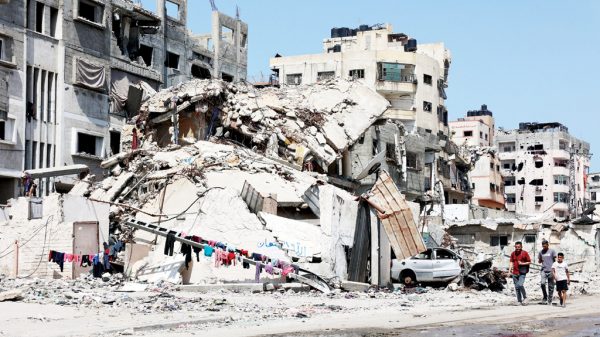
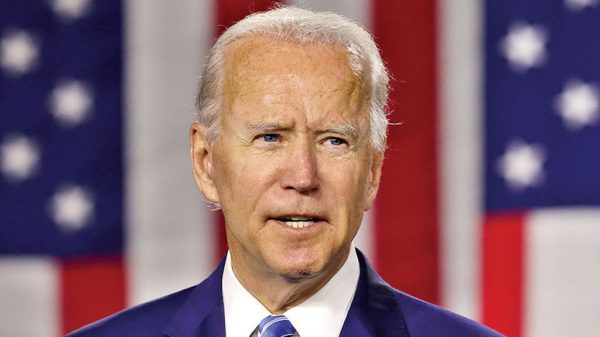

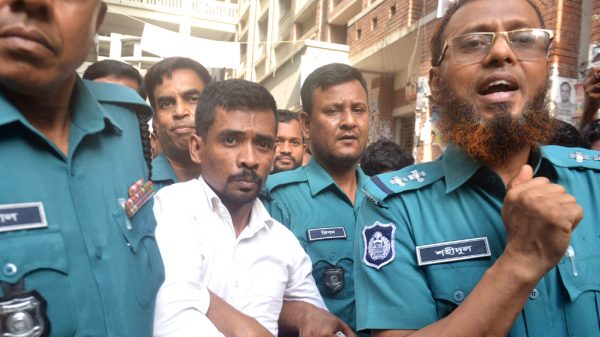

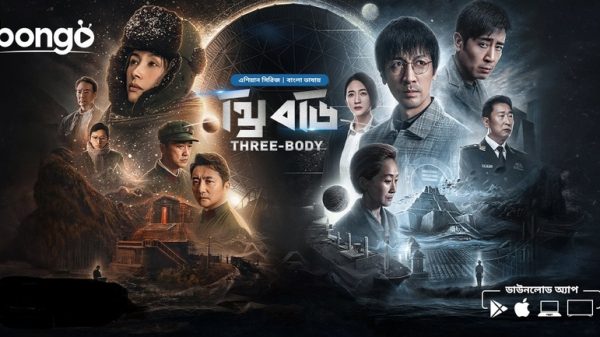
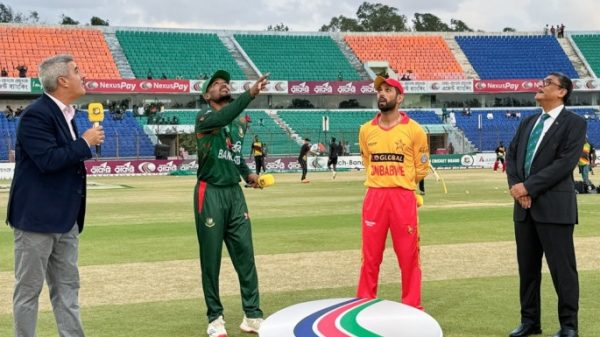












Leave a Reply